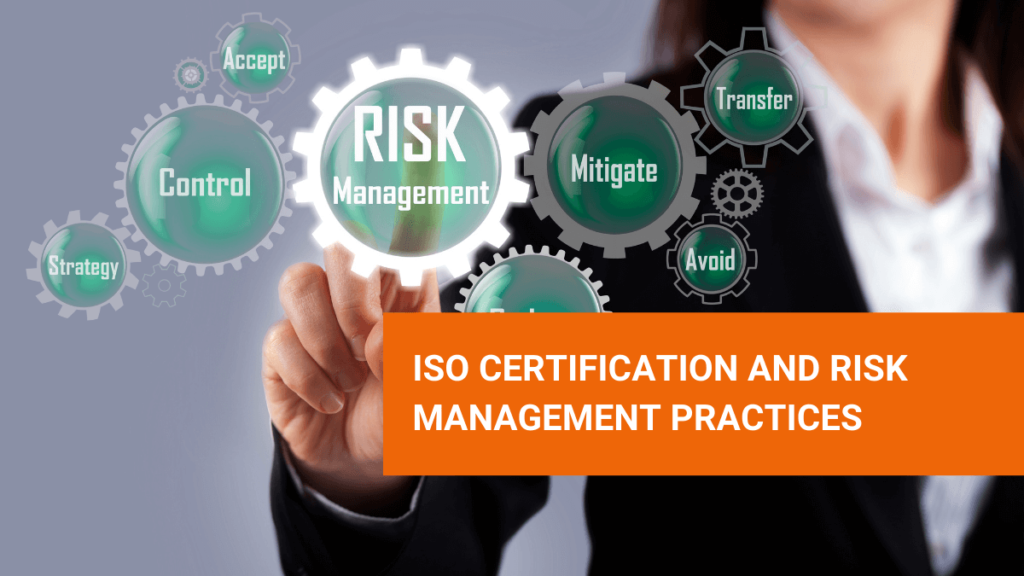We all know the quote – prevention is better than cure. It stays relevant in most aspects of life too. It becomes further relevant when applied to the business network security ecosystem.
There are few parameters to be checked always to ensure the IT system is free from hacks or vulnerabilities.
The most common one being internet hacks to complex information leaks, IT security is of high importance for all types of organizations.
With the advancement in internet technology, businesses and computer systems can now share sensitive data more easily than before.
So the IT security has to be enhanced and monitor all suspicious transactions and engagements.
7 Network Security Best Practice
1. Maintain your Software
Updating the Antivirus is supercritical. As networking is evolving. Hence using outdated solutions might not be enough to count the latest attacks.
The most advanced anti-virus can protect from over 90 percent of instances. Frequent antivirus audits and alternate systems for backups will help to fight the advanced cyber-attacks.
2. Improved Network Visibility
Tech IT team has to be alert and work ahead to improve the network visibility to keep track of all sharing portals and access.
Nearly 75% of data breaches are a result of insider threats either through employees or contractor negligence.
Constantly monitor all users within your network and create a security policy and authentication window.
Thus, keeping track of the network users and monitoring the activities would help in taking corrective action.
3. Monitor the User Permissions
The network access permissions and access to sensitive information must be monitored continuously.
Often hacks are intentional where authorized users attempt to steal valuable data.
Hence, enforce the network-use guidelines for all users who have access to network information.
Also, keep an eye on the employee’s own devices and other gadgets in the organization connected to your network.
These devices could act as a carrier of malicious programs or lead to data leaks.
4. Testing your IT Security System
One of the key elements in IT Security is creating a manual that documents the best practices and corrective actions.
Hence, documenting your information security program helps to alert security issues and run daily business operations smoothly.
Employee training on the IT Security manual must be a mandatory process while onboarding a new employee to the organization.
It will empower the employee to learn more about security features as well as keep the organization data secure from misuse or careless usage by new employees.
5. Vendor Management
Securing your third-party providers is very essential to secure your organization from external data hacks.
Ensure all the vendors are provided training on your IT Security requirements and how effectively they can support your requirements.
The lack of proper documentation and providing guidelines to the vendors will result in a risk of leaking customer information outside the network.
6. Password Requirements and Guidelines
A Strong password policy is to be prepared and circulated among employees. Empower them with the risk associated with data hacks.
Timely reminders must be set and send to employee workstations to change their passwords every 3 months to ensure enhanced IT security.
7. Prepare a Business Continuity Framework
The business must prepare a business continuity framework along with cybersecurity insurance.
The cybersecurity insurance will help to cover the firm’s direct and indirect losses due to breach.
Business Continuity document would also include a breach response plan that will help the IT employees to perform required efforts to reduce the impact of the breach.
BY preparing a detailed Business Continuity plan it will help to run the business as usual in case of a data breach.
Business Risk of Not Implementing a Cybersecurity Checklist
There are a couple of vulnerabilities due to the lack of a proper cybersecurity system. To name a few they are:
1. Financial Losses
An improper network security system will cost the organization millions of dollars and a loss of reputation in case of a data breach.
The actual impact of a potential breach is much larger. Hence, investing in a robust network security system is a must-have today.
2. Operational Halts
Certain cyber hacks could be difficult to trace by the IT departments to mitigate it.
For such instances, the regular operation of the business will halt and it might take an indefinite period to rectify the fault and get the system back to the running mode.
3. Lost Customer’s and Clients
Loss of customer and Client data due to a potential hack could cause a lot of reputational damage to the brand.
It is most likely that the clients would cancel the contract and move to another vendor or service provider.
Hence Cyberattacks can create substantial business damage to the organization.
4. Trust Building with your Shareholders
A data breach leads to operational disruptions, investor dissatisfaction, and loss of trust among shareholders. It will ultimately take a toll on brand image and would take long to gain back the reputation.
It will require constant marketing and PR work to gain the market share back, and also invest heavily in the IT Security and conduct third party audits to gain customer confidence.
5. Regulatory & legal complications
There are strict legal compliance and regulatory fines for a data breach depending on the severity and data involved in the hack.
Companies have to be answerable to the government agencies and provide required reports explaining the nature of the hack and the current security system in place that was used to mitigate cyberattacks.
How ISO Certification will help in strengthening IT Security in Organization?
ISO Certification such as ISO 27001:2013 Standard will help in ensuring a robust IT security Management system is implemented in the organization.
ISO 27001 Certification provides the right guidelines on avoiding potential data breaches by following a proactive approach.
To know more about Cyber Security and ISO 27001:2013 Standard talk to our experts!
Contact: Aurion ISO Consultants



